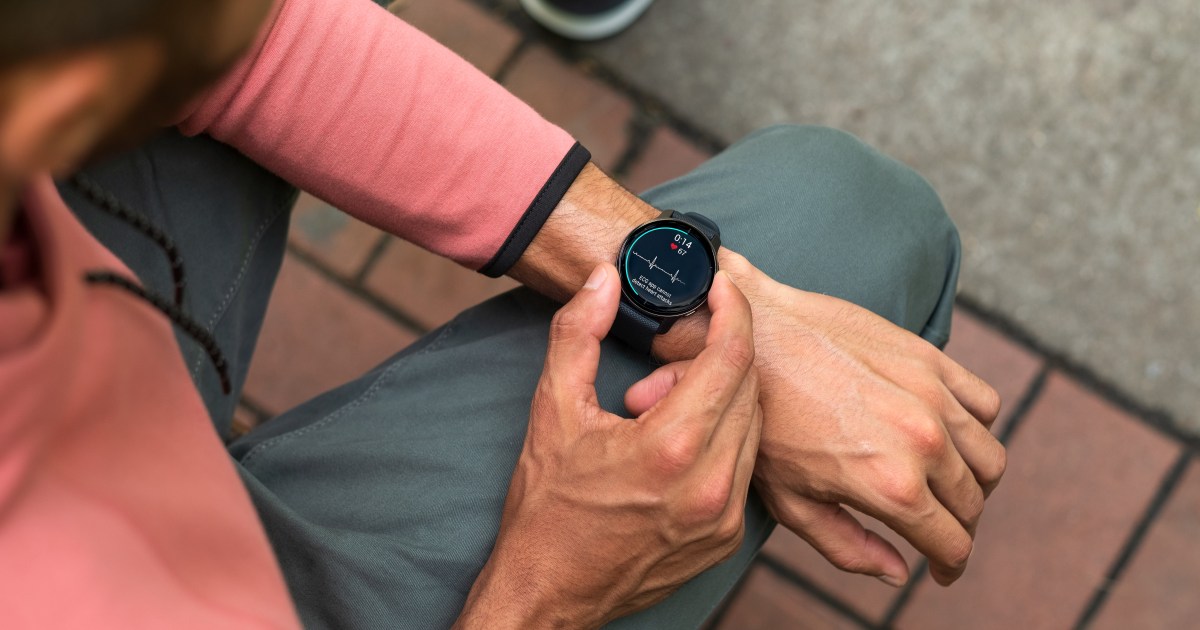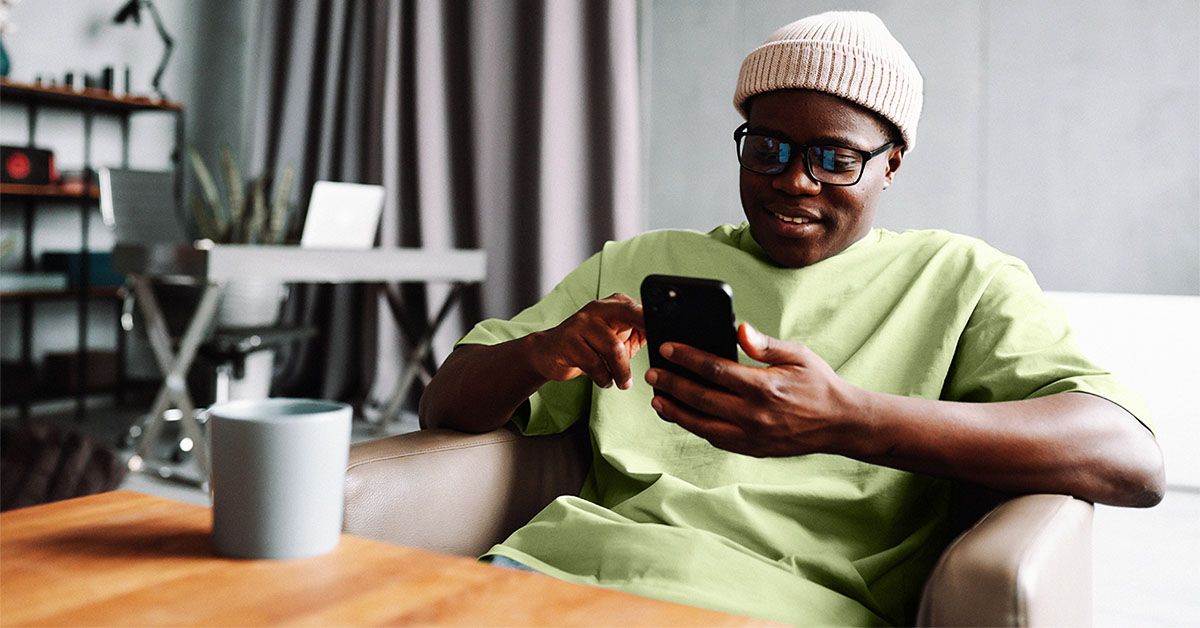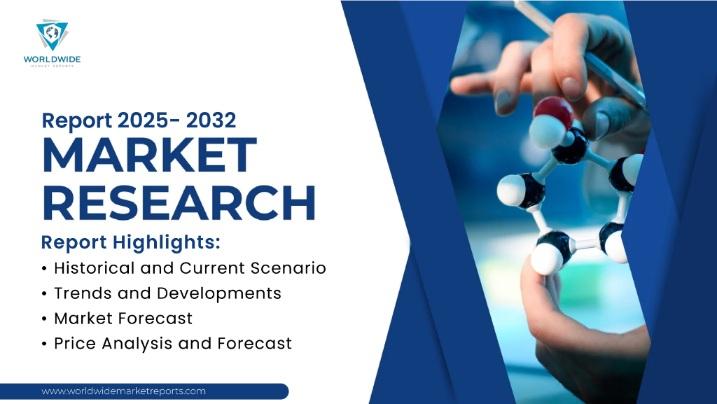Bioethics and technology: How to humanize digital breakthroughs in health

Avoiding the mistakes of the past
“Bioethics does not aim to slow down technological development, but instead to humanize it,” said the organizer of the event, Oriol Yuguero, coordinator of the Ethics, Equity and Digital Tools for Health Improvement (eRLab) research group at the UOC’s eHealth Center. Yuguero, who is also the clinical director of the accident and emergency department at Arnau de Vilanova Hospital in Lleida, stressed the importance of incorporating ethical considerations as technology redefines the healthcare landscape: “We must consider the ethical repercussions of our actions today, in order to avoid the mistakes of the past and ensure a fairer and more equitable future.”
Scientific advances have been accompanied by ethical debates that have resurfaced throughout history, especially after their unforeseen negative consequences become apparent. In this regard, specialists highlight the importance of analysing and anticipating the medium- and long-term consequences of new technologies, as discussed by a team led by Oriol Yuguero in an article published as open access recently.
As they pointed out, every breakthrough in digital health is accompanied by unique dilemmas:
- Artificial intelligence poses challenges to the confidentiality of patients’ data, and the risk of algorithmic biases that could perpetuate inequalities.
- Mobile apps empower patients, but they also raise questions about equity of access and the security of personal information.
- Telemedicine, which aims to democratize access to medical services, must avoid increasing the digital divide and must ensure the quality of care.
- As they constantly collect health data, wearables and the IoT require ethical management that protects users’ privacy and minimizes potential harm.
Bioethics at university
From a bioethical perspective, addressing these challenges means ensuring that practices are secure, fair and respect human dignity. Training in bioethics is becoming essential for healthcare professionals, who have to deal with these complex issues. “Faculties must adopt bioethics training, and provide future professionals with the framework they need to evaluate the objective and the ethical implications of each technological breakthrough,” the experts argued.
Society is at a crossroads: we must adapt bioethics to the challenges of the 21st century in order to ensure that progress does not run counter to our fundamental principles. By prioritizing an ethical approach to technological development, we can progress towards a digital future that is more inclusive, secure, and focused on individuals’ well-being. “Every step towards progress must be anchored in solid ethical values, so that future generations can be proud that we did not sacrifice our principles along the way,” said Yuguero.
The conference on the ethical challenges of digital health, taking place at the UOC’s Poblenou Campus on Wednesday 16 October, will be opened by the Vice Rector for Research, Knowledge Transfer and Entrepreneurship, Xavier Vilajosana, and the event’s closing words will be given by Marta Aymerich, the director of the eHealth Center. The programme includes three round table discussions: “The dilemmas around AI and robotics”; “Justice and digital health”, and “Do apps empower the patient?” It will conclude with a final presentation by Victòria Camps, Professor of Philosophy, Morals and Politics at the Universitat Autònoma de Barcelona (UAB).
This UOC initiative supports United Nations Sustainable Development Goals (SDGs) 3, Good Health and Well-being; 10, Reduced Inequalities, and 16, Peace, Justice and Strong Institutions.
link





